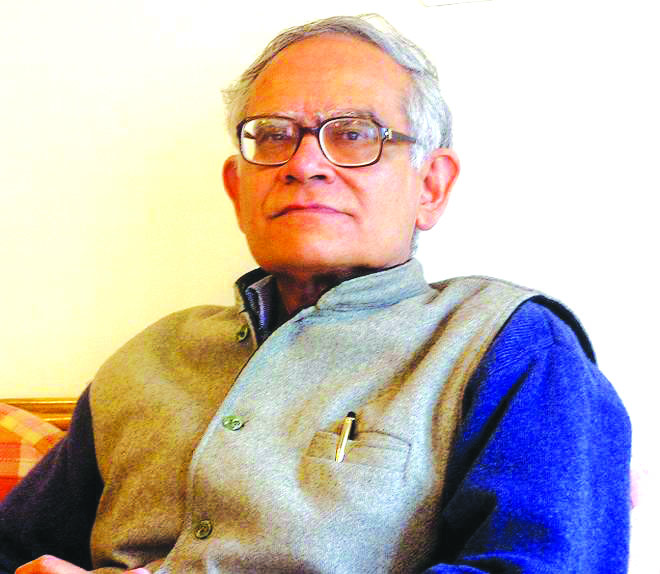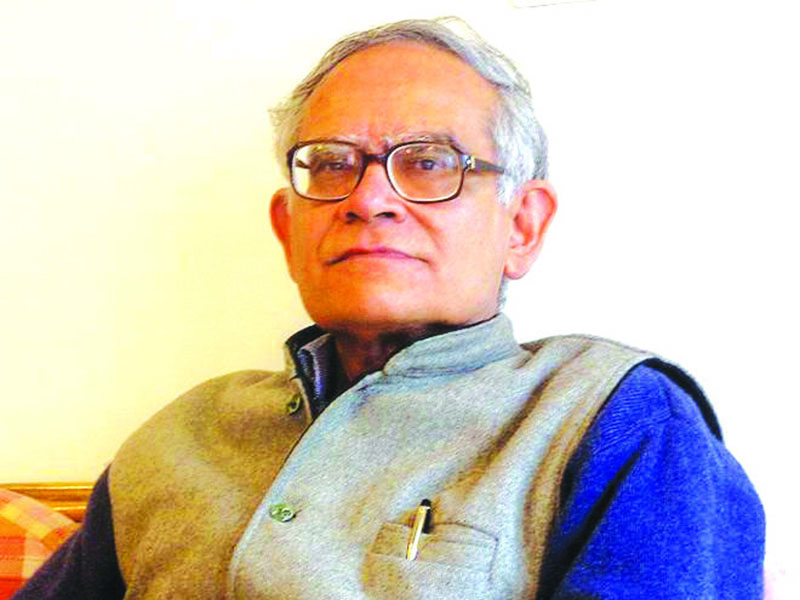

The Karnataka state government’s decision to revive board exams in classes V and VIII is in keeping with the post-RTE (Right of Children to Free and Compulsory Education Act, 2009) trend. Several state governments taking advantage of an amendment forced into RTE’s original text and rationale for banning board exams throughout the eight years of compulsory elementary education, have already done this.
The word ‘board’ evokes fear in every Indian student’s heart. No matter how hard working a student is, the prospect of a board exam instills instant anxiety. What is a ‘board’ and how did this word acquire this stressful connotation?
In the western world, boards are elected bodies that manage the public education system. In India, they emerged during the colonial period from the need to govern the crucial matriculation exam in a confidential manner. Secrecy was the key to their role and functioning. Colonial rulers didn’t trust teachers to assess children studying under them.
Therefore, externally conducted exams were deemed necessary. The exam paper, i.e, questions, the paper setter, and evaluator were all shrouded in secrecy. On the other side, the identity of every student was also firmly encoded, with the help of roll numbers. The marks a student attained remained a secret until the result was declared. It was a dramatic moment. Newspapers carried roll numbers of successful candidates and the ‘divisions’ they were placed in.
The long gap between the board exams and the day the results were made public caused as much anxiety as the period preceding the exam. ‘Preparation leave’ before the board exam was a common feature of colonial societies. No classes were held during this period. Before exams started, students were stripped of access to the library. They had to acquire a ‘no objection certificate’ from the library, science labs and even the NCC officer-in-charge. It was necessary to obtain an entrance ticket for the exam hall. And when all the ‘papers’ were over, the long wait for the result began. No one could be sure about what might happen. Everyone at home and the school shared the anxiety of examinees.
Readers must be wondering why I have used the past tense throughout the previous para. They would be right to be curious about this usage because the fact is that the exam rituals I have described are intact and functional to this day. And not just school exams, colleges and universities follow the norm of depriving students of library rights before exams. It is an expression of institutional distrust in the young. It has an element of bureaucratic callousness as well. The system forces teachers to adopt a hands-off attitude in board exams season. Many among them do participate in marking of answer sheets, but they do so as anonymous entities, for a modest fee.
By deciding to reintroduce board exams for classes V and VIII, the Karnataka government is pushing the system several steps backward. The RTE Act, passed by Parliament in 2009, had stipulated that instead of annual board exams, school-based assessment techniques such as comprehensive and continuous evaluation (CCE) should be used. For a few years, several state government directorates and the CBSE displayed great enthusiasm to promote school-based assessment. Considerable progress was made in many parts of the country by training teachers to understand and appreciate the new approach to evaluation.
Apart from change in pedagogic style and classroom ethos, these alternative ways of evaluation demanded faith in the teacher’s ability to assess children in a fair and encouraging manner. But it’s a rare bureaucrat who trusts teachers to practice professional autonomy in evaluation or in any other aspect of school life. Private school managers are no better. They perceive evaluation as a controlling device. Such a perception matches popular belief among parents. The government has decided to prescribe a dress code for teachers. In addition, they are now permitted to add ‘Tr.’ before their name, just as doctors add ‘Dr.’ If titles could impart dignity, teachers would enjoy it from now onwards — without the power to evaluate their own students!
Small wonder that many high-end private schools have seceded from the system by opting for affiliation with international boards. They appreciate teachers’ autonomy and encourage unobtrusive classroom-based evaluation. There are schools where one can watch two systems functioning under the same roof. The CBSE section prepares children for the exam routine while the IB (International Baccalaureate) section lets teachers manage elementary-level children’s assessment as part of teaching.
Several states had accepted this latter approach during the RTE spring. It didn’t last long, and the clamour for bringing the boards back got loud enough to engineer legislative change. As soon as it came, all enthusiasm for reforming the system evaporated. And now, crude methods of teaching to prepare for tests and exams have received new impetus in slogans like foundational literacy. The path of progress has proved to be a circular staircase — without an upward slope.
